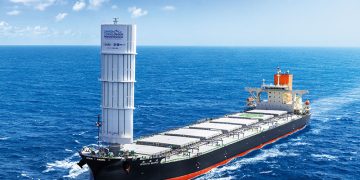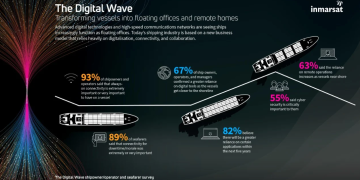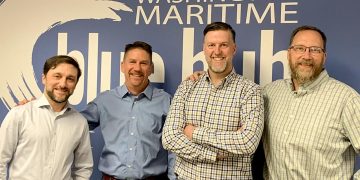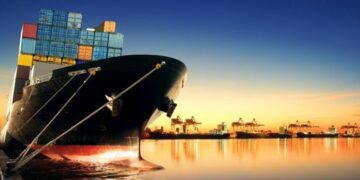ABS to class LNG bunker barge
ABS has been selected to class an LNG bunker barge under construction at Conrad Orange Shipyard, Inc for WesPac Midstream LLC and Clean Marine Energy LLC (CME).The 2,200 cu m barge is scheduled for delivery in mid-2016 and will initially be deployed in Tacoma, Wash., to service shipowner Totem Ocean Trailer Express's (Totem Ocean) Orca Class ro-ro vessels. The unit will then be relocated to Jacksonville, Fla., to serve parent company TOTE's Marlin Class dual-fuel container vessels and other LNG-powered vessels in the Port of Jacksonville."ABS continues to be instrumental in supporting the supply chain development for LNG as fuel in North America," says ABS Chairman, President and CEO, Christopher J. Wiernicki. "Our work with industry, regulators and local stakeholders seeks to safely nurture innovation and helps to reduce the impact of maritime activity on the environment."Designed by Bristol Harbor Group Inc, the barge features a single tank equipped with the Mark III Flex cargo containment system supplied by GTT North America. The barge will also feature the GTT-developed REACH4 bunker mast to ensure safe and efficient transfer of LNG fuel to the receiving vessel.WesPac/CME plans to exercise its options with Conrad to construct additional LNG bunker barges to serve ...
Read more



























































